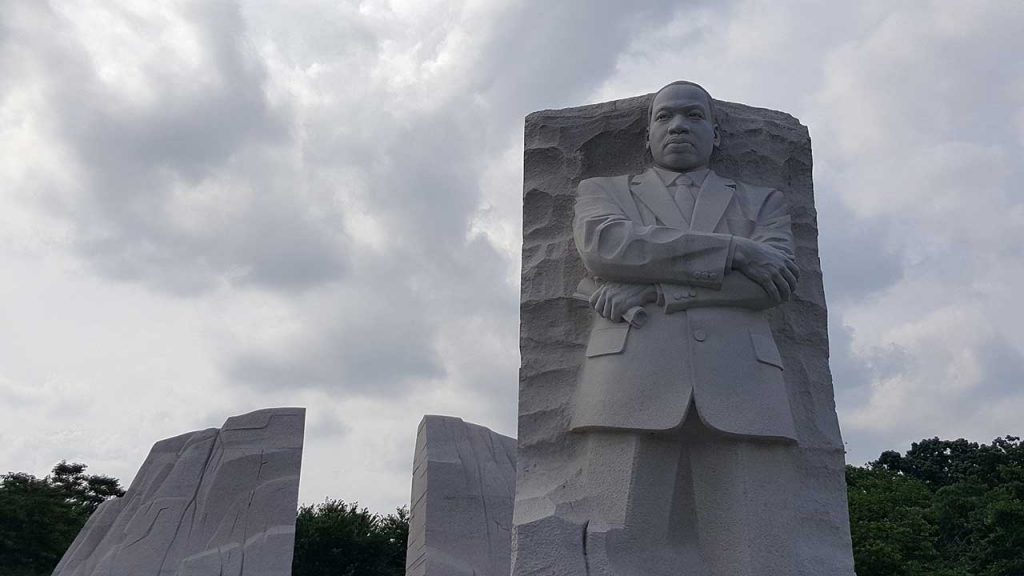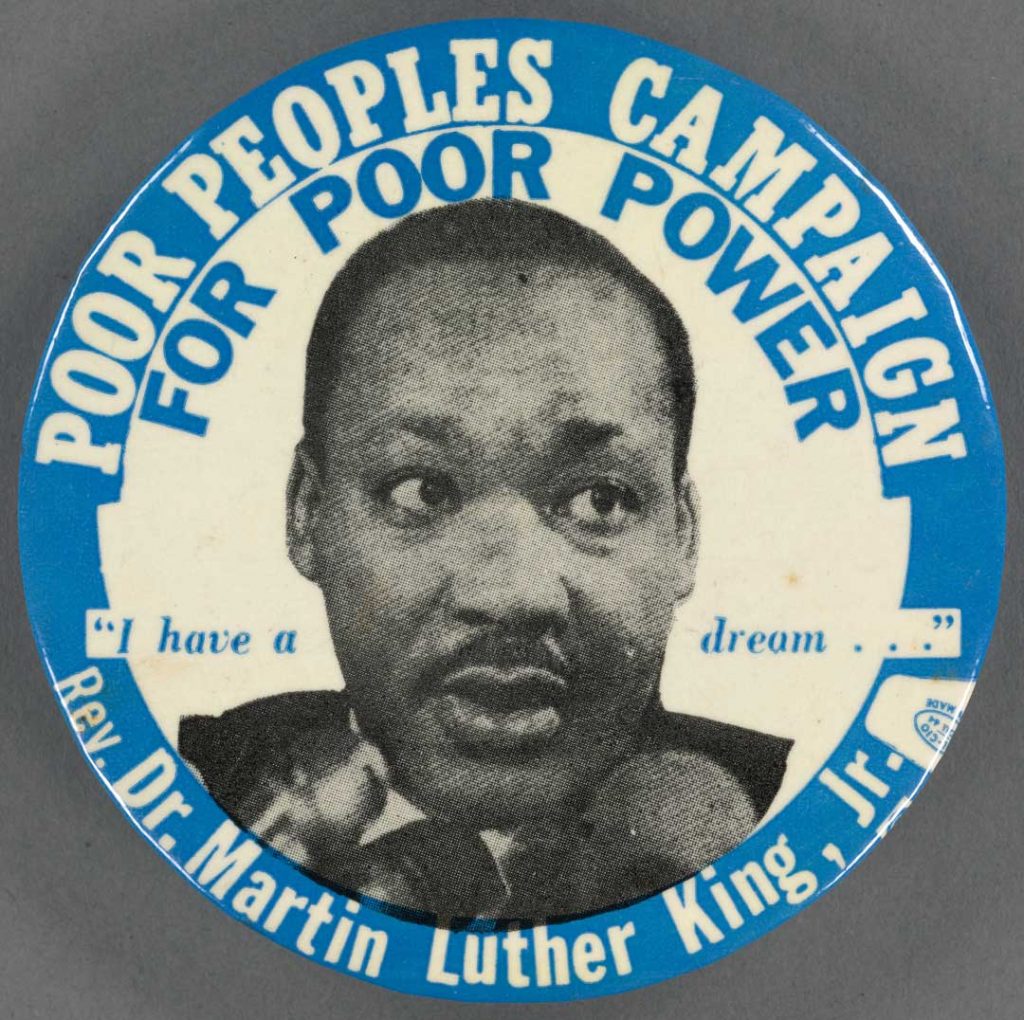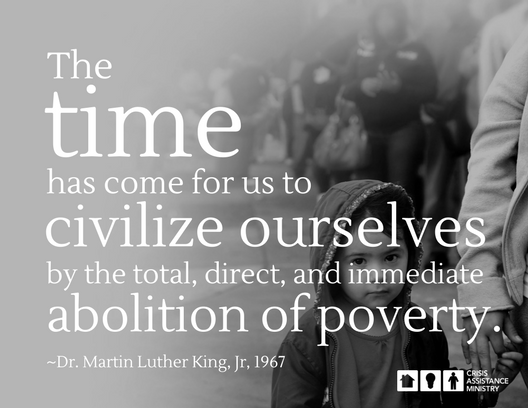As we celebrate the life and legacy of Dr. Martin Luther King, Jr. each year, the focus is rightfully on his fight for civil rights. Even in today’s divisive climate, his role in expanding racial justice and ending legal segregation cannot be overstated.

Still, much less attention is paid to Dr. King’s “other dream” — the elimination of poverty among all Americans. Even while celebrating the signing of the Civil Rights Act and the Voting Rights Act, his 1965 sermon at Ebenezer Baptist Church addressed this message, saying “I still dream that one day all of God’s children will have food and clothing and material well-being for their bodies, culture and education for their minds, and freedom for their spirits.”
Economic justice was central to King’s political activism as he began to turn toward the system that continued to allow poverty at its roots. “The problem of racism, the problem of economic exploitation, and the problem of war are all tied together. These are the triple evils that are all interrelated.”

While racial justice and economic justice are clearly intertwined in the United States, his later work applied many of the lessons of the civil rights movement to a new movement: The Poor People’s Campaign.
In fact, he was in Memphis to publicly launch that very campaign when he was assassinated. In the years leading up to that fateful day, King often referenced the fallacy of the American “bootstrap” myth, saying “it is a cruel jest to say to a bootless man that he ought to lift himself by his own bootstraps.”
Where Do We Go From Here
In his 1967 book “Where Do We Go From Here: Chaos or Community?” he writes:
“Up to recently, we have proceeded from a premise that poverty is a consequence of multiple evils: lack of education restricting job opportunities; poor housing which stultified home life and suppressed initiative; fragile family relationships which distorted personality development. The logic of this approach suggested that each of these causes be attacked one by one. Hence a housing program to transform living conditions, improved educational facilities to furnish tools for better job opportunities, and family counseling to create better personal adjustments were designed. In combination, these measures were intended to remove the causes of poverty.“
He goes on to examine the failures of these efforts to create coordinated, systemic change. He laments the impact of “the whims of legislative bodies,” and concludes that “fragmentary and spasmodic reforms have failed to reach down to the profoundest needs of the poor.” King even proposes one possible solution to systemic poverty and its impacts: guaranteed income.
In a scathing criticism that echoes into the present day, he writes:
“The contemporary tendency in our society is to base our distribution on scarcity, which has vanished, and to compress our abundance into the overfed mouths of the middle and upper classes until they gag with superfluity. If democracy is to have breadth of meaning, it is necessary to adjust this inequity. It is not only moral, but it is also intelligent. We are wasting and degrading human life by clinging to archaic thinking.“
Call to Action Is Still Urgent
From our vantage point, sitting in the shadow of Charlotte’s gleaming business district in 2020, the effort to root out poverty and empower all our neighbors with economic opportunity is still urgent.
Every day, more than 150 families come through the doors of Crisis Assistance Ministry seeking help with the most basic of needs – shelter, utilities, clothing, and essential furniture. Statistics show that the average gross monthly income of families receiving financial assistance here is just $1,435. Compare that to the overall average for Mecklenburg County of $4,850. The struggle, as they say, is real.
But there is hope. Recent years have brought about landmark efforts like the Opportunity Task Force and the subsequent work of Leading on Opportunity. As a community, we are examining long-established systems while seeking new innovative and coordinated practices. The recently launched Financial Security CLT builds on assets-based approaches to economic empowerment. Local government is openly committing to consider affordable housing and related issues of jobs and transportation.
Still, the problems identified by Dr. King remain. A renewed Poor People’s Campaign is even organizing a new “Mass Poor People’s Assembly & Moral March on Washington” this June.
Fifty-two years after his death, Dr. King’s proclamation to us still holds true:
“The curse of poverty has no justification in our age … The time has come for us to civilize ourselves by the total, direct and immediate abolition of poverty.”

